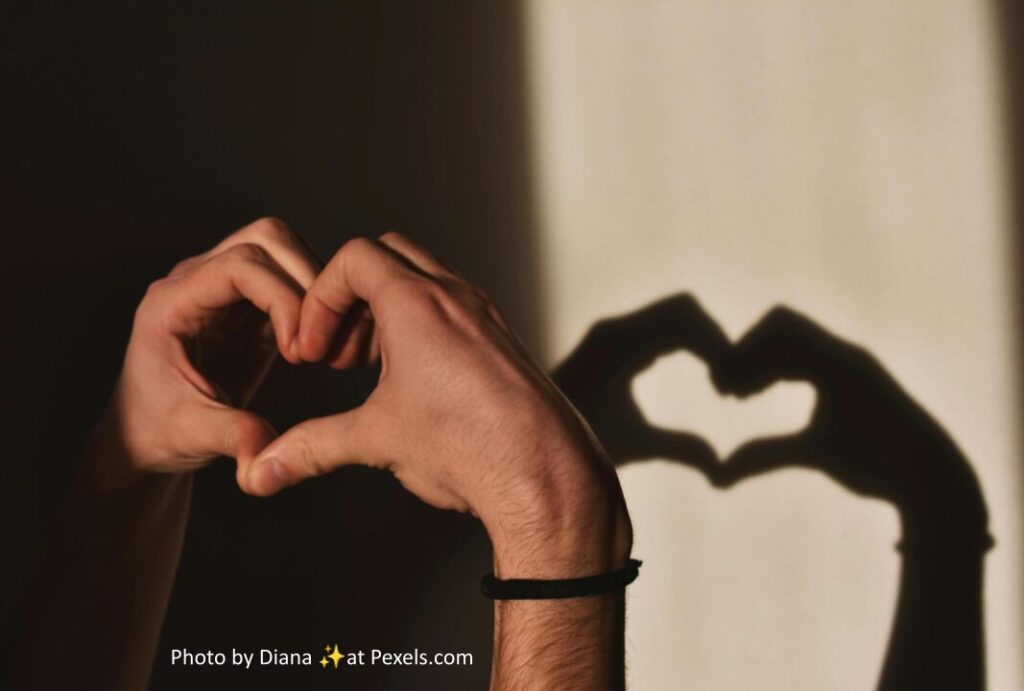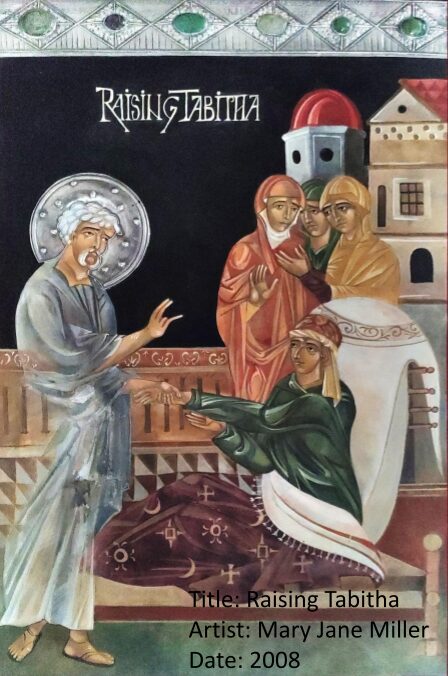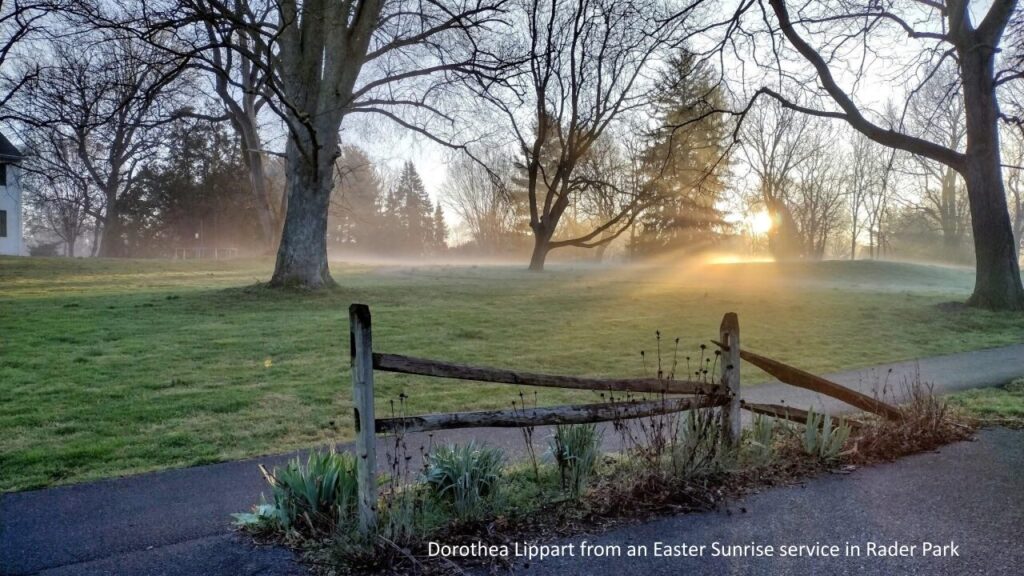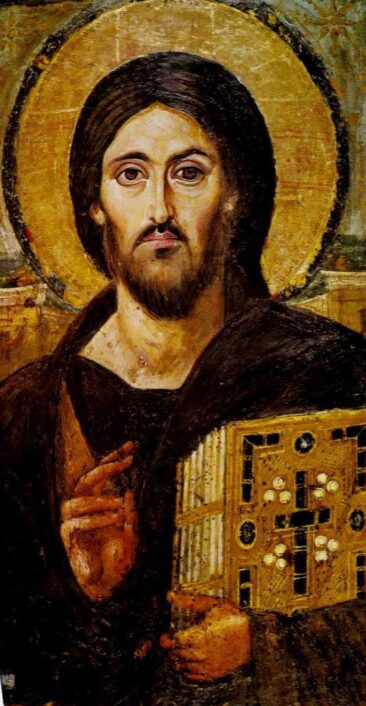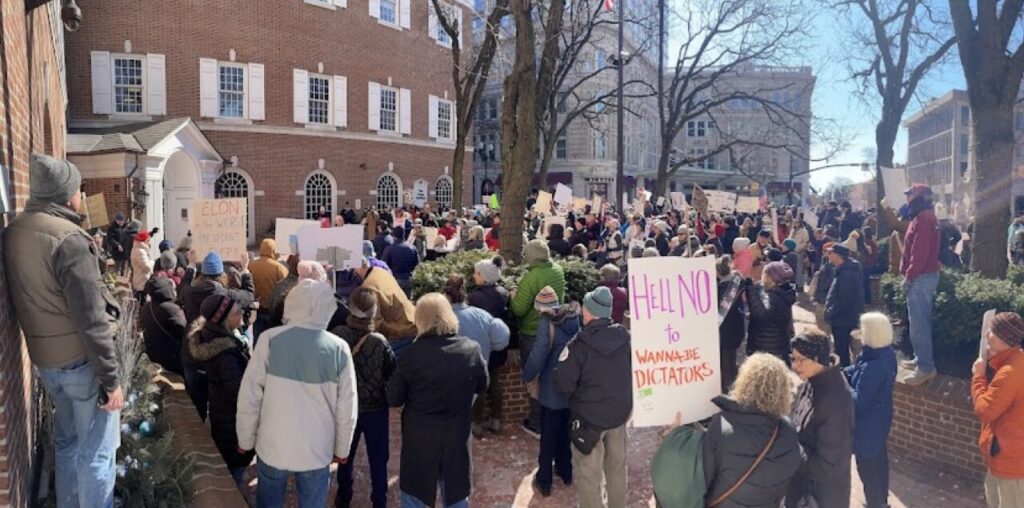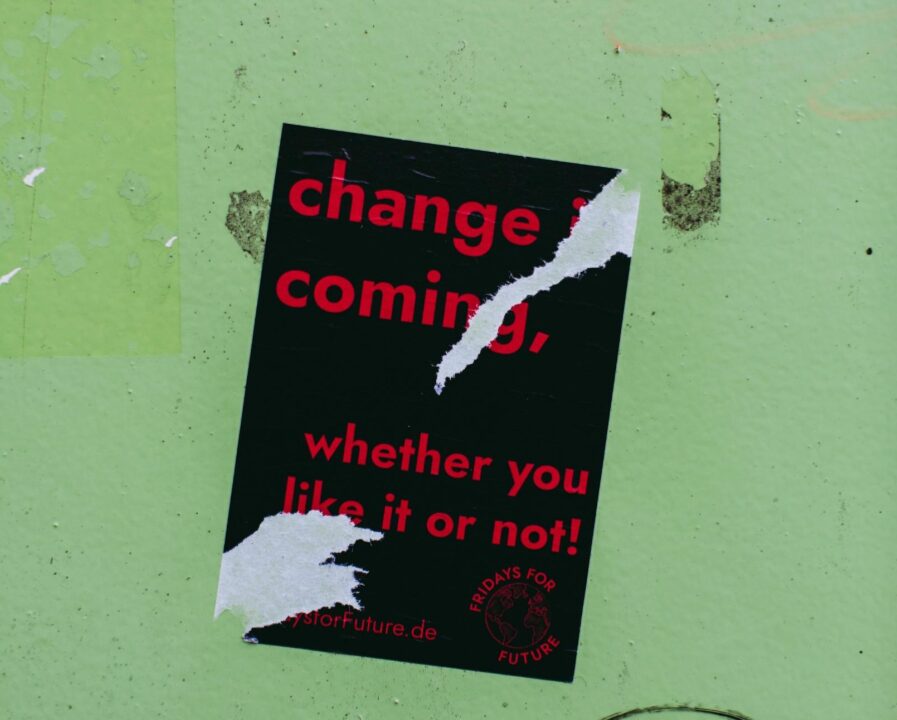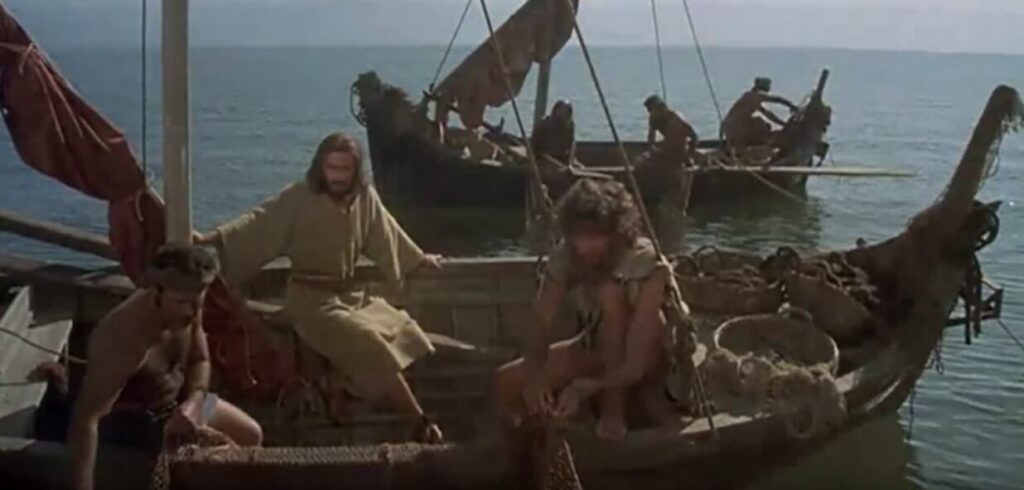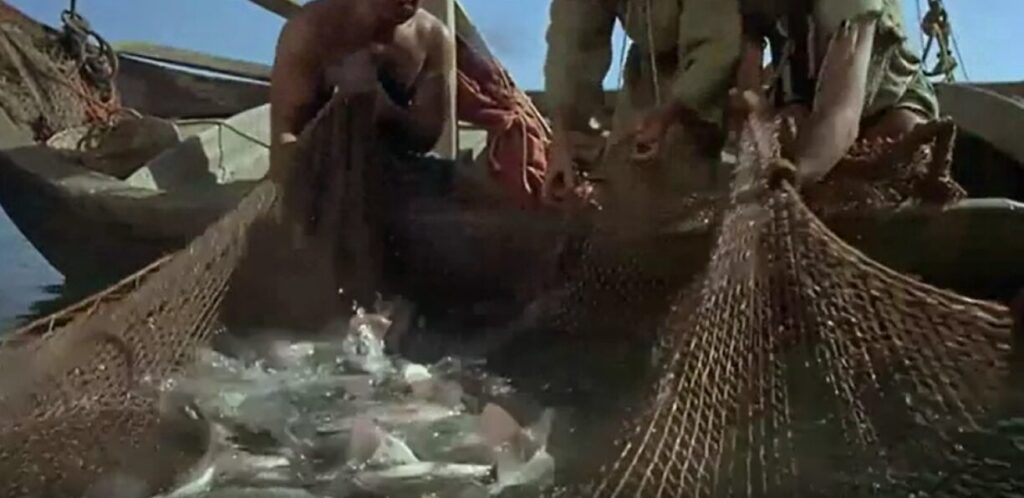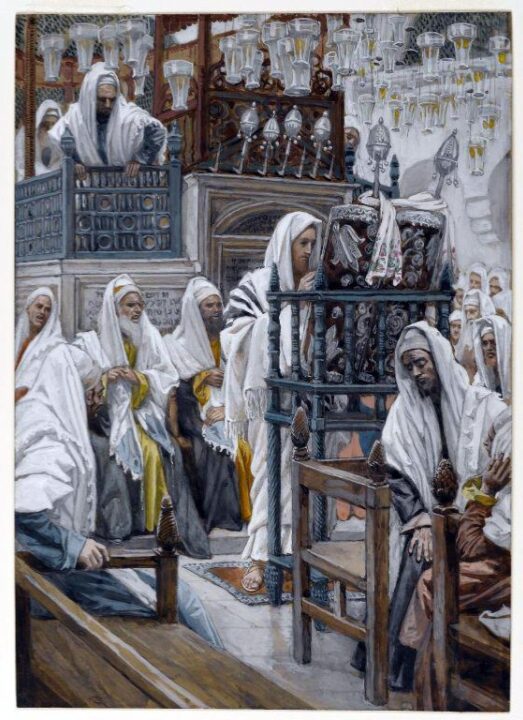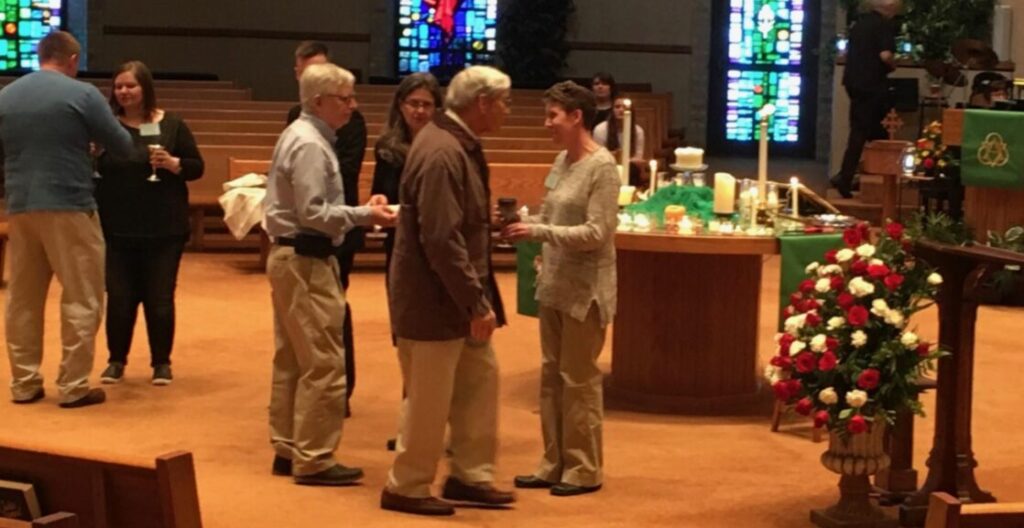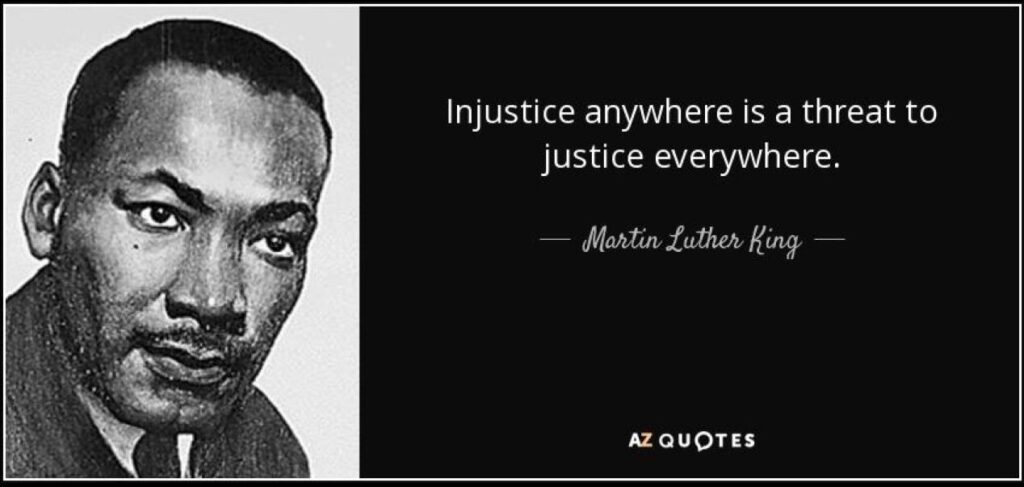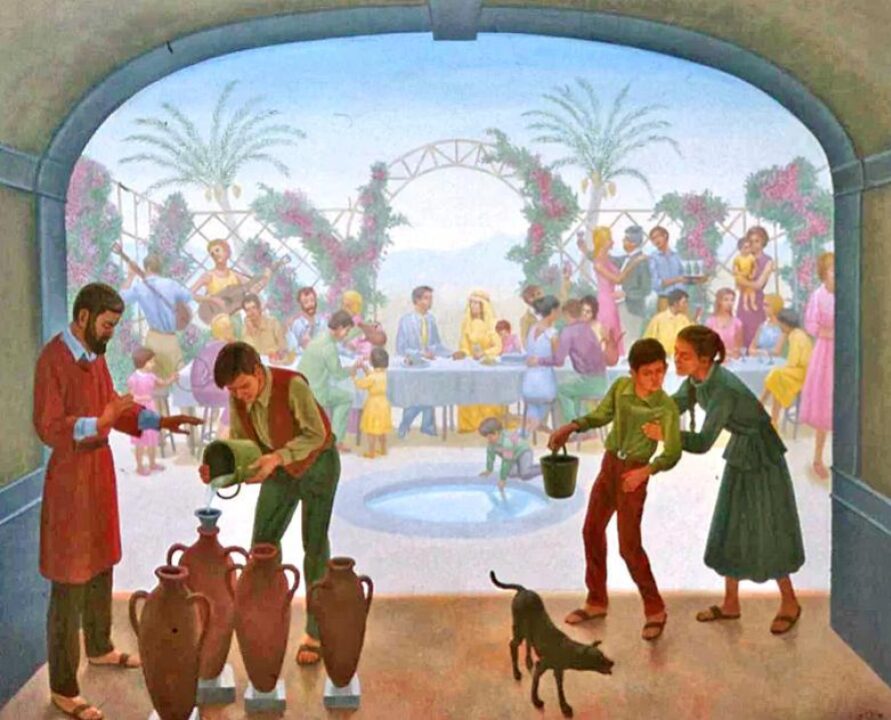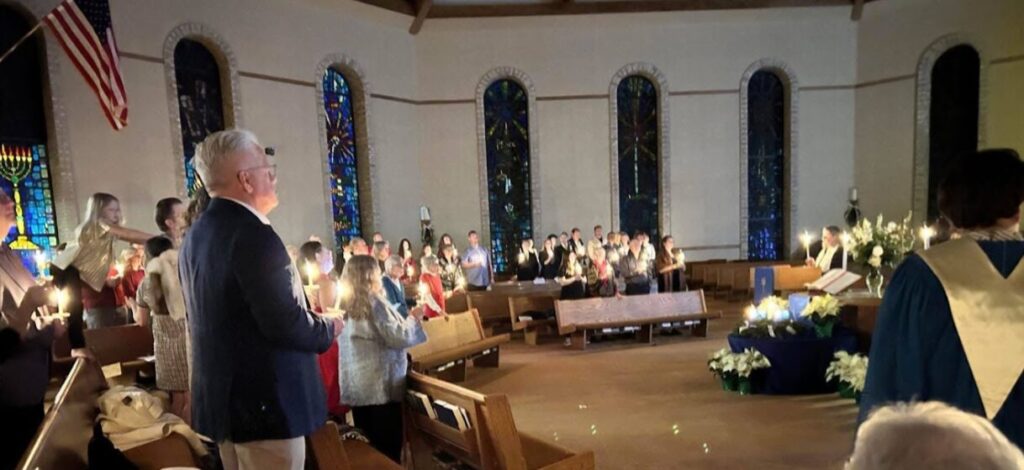The Freedom to Love
Sermon Given by UCC Conference Minister, Rev. William P. Worley
Brothers and sisters in Christ from the 150 congregations that make up the Pennsylvania Southeast Conference of the United Church of Christ, where I have been the conference minister for the last 10 years.
What I have learned in the anniversary Sundays and sermons I have preached around those 150 congregations is that nobody really knows what a conference minister is or does. The easiest way I have found to describe that is to say that a conference minister is like the superintendent of a school district that has 150 schools filled with students who have one very simple lesson.
That lesson is how to follow Jesus Christ. I am joined this morning by my conference minister colleague, the Rev. Dr. Carrie Call, who’s not only a conference minister for the Pennsylvania Southeast Conference, but one of the finest conference ministers in the United Church of Christ. That, of course, is my objective opinion. Carrie and I are working with other colleagues in ministry, David Ackerman, who is in Penn West and Bonnie Bates in Penn Northeast to bring together the four Pennsylvania conferences to make one large keystone conference of 530 congregations in the state of Pennsylvania, from which we will take over the entire United Church of Christ.
If you quote me as having said that, I will call you a boldfaced liar. Even though it is now apparently recorded for posterity.
I grew up here. It’s hard to stand in this spot and not hear the whispers of saints in my ear.
Including Rev. Nevin Shellenberger, who bent over this pulpit many times with a bony finger pointed in what I thought was my direction, because clearly I was asleep. Saying something that I didn’t always quite understand, but I knew that Nevin believed it. And because he did, I could.
I think about that baptism window where I have a picture of my now 32-year-old son being held a loft on the day he was baptized. Who is at this moment with his wife, I believe, having some early contractions before giving birth to what is going to be our second grandchild. So, if you see his mother jump up in sudden anxiety, heading for the door. It is to go get our two and a half year old granddaughter.
There are other whispers from the past, but there’s a message from God for the future and we need to get to that. So I invite you to join me in a spirit of prayer.
Holy God. May the words of my mouth and the meditations of all of our hearts be acceptable unto you, oh Lord, our rock and our redeemer. Amen.
Well, friends, 50 years, that’s half a century of hymns sung, casseroles served, council and board meetings, budgets, quandaries, coffee hours, fellowship meals, and moments that could only be called holy.
You don’t last 50 years in church without getting some bumps and some blisters, and you don’t last 50 years in church without having some love that gets you past the bumps and the blisters. Love for this place. Love for the people in these pews. Hopefully, love for their church.
People are notorious for being challenged to like each other, let alone love each other, and love for God. What God has done through Jesus Christ and what Jesus Christ is doing through you. Because that’s what today’s about. Not just the memory of what was, but the love that is and the love that will create a future for this place and all people who call on the name of Jesus, the one who gives us a commandment.
Commandments don’t sit well in the church. That is sometimes referred to as the church of you can’t tell me what to do.
Some hear the word commandment and old echoes of obligation, duty, and guilt arise, and it feels heavy, like something I should be doing. But when Jesus speaks this commandment, it doesn’t sound like a threat. It sounds like a gift, maybe even a map. Maybe a GPS that gives you good directions to get where you’re going. He gives this commandment when one of the 12 disciples is about to get very lost. Judas has just stepped out of the room. The bread that Jesus offered, the bread that Judas took to identify himself as the betrayer, has barely passed his lips, and he has gone out into the night to forge the legacy that will linger. And everyone left at the table is looking at the door and wondering. Did that just happen?
This is when Jesus starts talking about glory, not on the man of transfiguration, not walking across water, not changing water into wine. Not only Easter Sunday, but also in a moment of betrayal, when it looks like things are falling apart. Jesus looks at the people who haven’t walked out the door with Judas and says to them, Now, the son of man has been glorified.
Judas, our treasurer, just walked off with all of our money, and now the son of man is gonna be glorified. Imagine your treasurer walked off with all the funds of this church. Would you believe that God was gonna be glorified in this place? Probably not.
$30 billion are embezzled from churches in the United States every year. It doesn’t feel to those congregations like God is gonna be glorified, and yet this is when Jesus says, I give you a new commandment to love each other. Not just love when it’s easy, not just love the people who agree with you. Not even love the world though. That’s coming too. No, he says, as I have loved you, so you should love each other.
And just so there’s no doubt about what he means by loving each other, he has just shown them. It looks like washing feet that have trudged through dirt and manure. It looks like feeding someone who will sell you out. It looks like kneeling low when you could have just as easily run towards safety.
In other words, love isn’t about feelings. This love that Jesus is speaking of is about freedom. Freedom to love, even when you don’t want to. Freedom to love when it’s risky. Freedom to love when it’s gonna cost you everything.
Church anniversaries are not just memories and celebrations. They are a celebration of what people have done with their freedom.
This place was built on how people used the freedom of their time, their treasure, and their talent to build something magnificent. One of my very first experiences of freedom was in this room. Some of you remember that when this sanctuary was in construction, the congregation was worshiping down the hall in Fellowship Hall.
Just before the carpet was laid over the concrete floor that holds this space up, someone, I don’t remember who it was, invited the children to pick up chalk and draw on the floor. Now for an 11-year-old who had been told time and time again, do not write on the walls of the house, especially someone else’s house, and do not write on the floor unless you are outside on the driveway or the sidewalk.
To be invited into this empty space and told, Go for it, was huge. You all are sitting on a whole bunch of young doodles, blessings, and words of hope. They’re still here.
There were other freedoms. Lou, last night, mentioned liturgical dancers, which I had forgotten. I don’t know why I did. My mother was a liturgical dancer in this space at that time. That was a little risque in a church where people get excited when they do this.
I saw some of your heads bobbing this morning to the music. Some of the people in the congregation at that time didn’t like that freedom. That freedom looked uncontrollable, unrestrained, dare I even say, in those outfits, sexy, holy cow.
And yet in that movement, there was inspiration. There was freedom. There was permission to worship in ways that neither St. Paul’s or St. John’s did. There was freedom in that.
There was freedom for Nora Smith to become a woman in ministry in the United Church of Christ in the day when women were not ordained to minister.
That was a huge freedom. The freedom to practice ministry in this place created opportunities for all of the women that followed. I don’t know if you noticed, but I am the only male clergy person up here this morning, which is in keeping with the fact that there are now more women in ordained ministry in the United Church of Christ than men. That freedom. Began in part here in this space.
Then there was the freedom to make mistakes. I was the treasurer for the youth group when someone came to me with bank statements that showed that the youth checking account was overdrawn. She was a little panicked and came to me to ask what was going on. We figured out that I didn’t know the difference between a checking deposit slip and a savings deposit slip, and that you had to put money into the checking account to write checks. Who knew?
She didn’t freak out. We figured it out. I wasn’t fired, though I could have been. What she gave me is what I believe many of our churches don’t have, and that’s the freedom to fail.
Underneath it all is the stubborn belief that something sacred happens when people get together in the bumbling, stumbling ways that humans do. Something miraculous happens when you set people free to love, free from shame, from fear, from walls that keep people out, free to say, come in, there’s room for you.
Freedom to say you are loved no matter what. The kind of love and freedom that doesn’t always look impressive.
It looks like a casserole in choir practice, it looks like protest signs, and prayer cards. It looks like showing up when the world is burning down to sing the doxology.
Jesus knew that when he was commanding the disciples to love, the cross was not that far off. Betrayal was already in motion, and still he gave this commandment, not a creed, not an obligation, not a duty, not a pledge card. He gave them this commandment to love each other. It’s that simple. And it’s that hard.
So Church of the Apostles, what do we celebrate? 50 years of a not a flawless history. Say amen if you know the place that is, the Church of the Apostles is not flawless. Amen.
God’s got nothing to do here if you all were perfect. We celebrate freedom, the kind that Jesus gave his disciples that night at the table, and the kind that lets you build something beautiful together.
Church was never meant to be a museum. Someone once said, it’s a garden, a workshop, a kitchen table, a harbor. I love that. So here’s your word, church of 50 years for your golden anniversary. Don’t stop loving. Don’t stop breaking bread. Don’t stop showing up at hospital beds. Don’t stop praying for each other.
Spontaneously grabbing someone’s hand when they have just told you that they’ve been diagnosed with cancer and saying with them a very simple prayer that Jesus Christ, the lamb of God, come with your healing spirit and help this friend of mine. It’s that simple. Say it. Don’t be afraid of it.
Don’t stop telling stories, the story of God who loved the world into being and this place into existence. In the end, maybe the greatest glory is not in the miracles that we are going to expect, but the love that we are gonna be able to share with each other.
Because everyone who walks in the door of this place for the very first time has gotten over their fear about what might be inside. Maybe just maybe, the people in there have a place for me.
Love that does the dishes, and I hate doing dishes. Love that forgives. I’ve got a long list of people I’m still working on, and I know that I’m on the list of others. Love makes room and stays at the table even when there’s somebody at the table who’s ready to take your life.
50 years of that kind of love, that’s a miracle and that’s where celebrating. May you keep loving.
May it be so. Amen.
Like this Sermon? Click Here to View More in this Series
Prefer to Listen to this Sermon? Click Here to Listen to our Being Apostles Podcast
